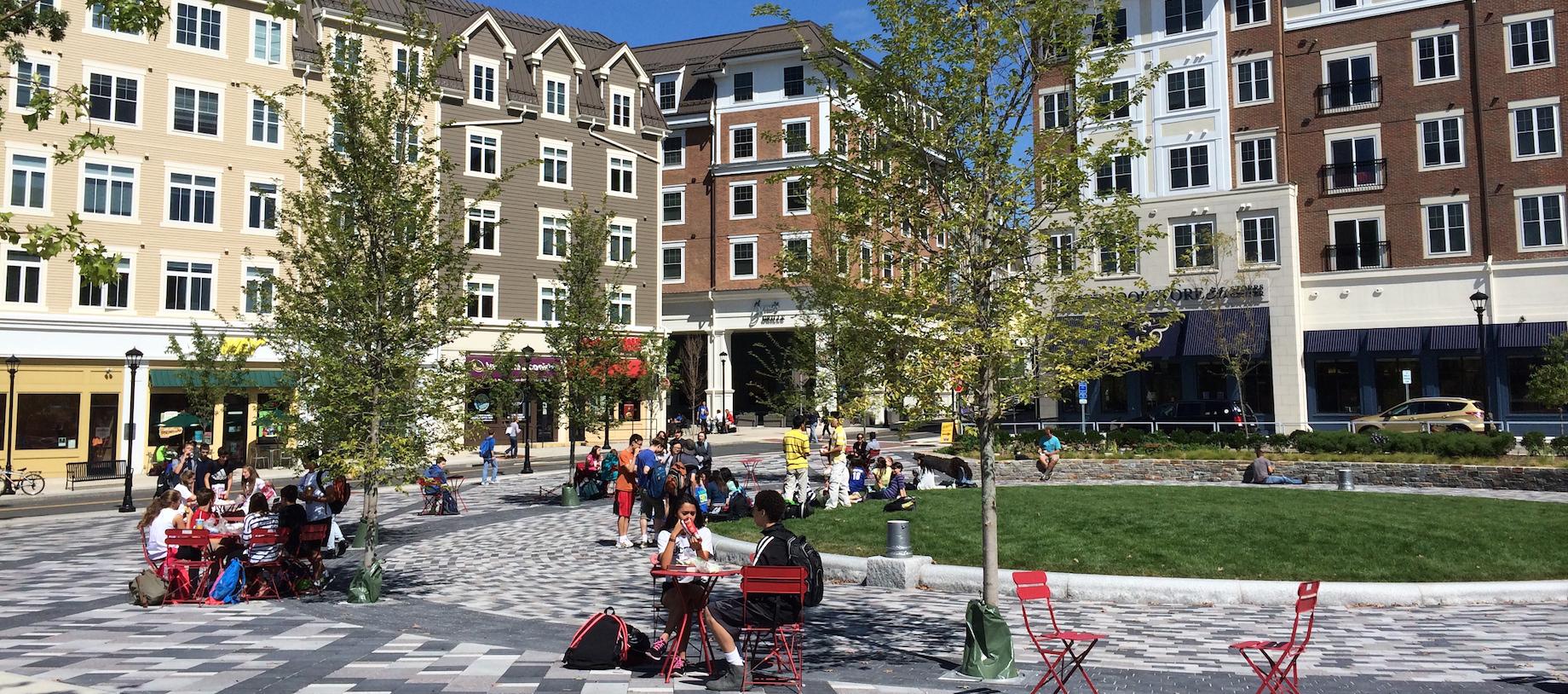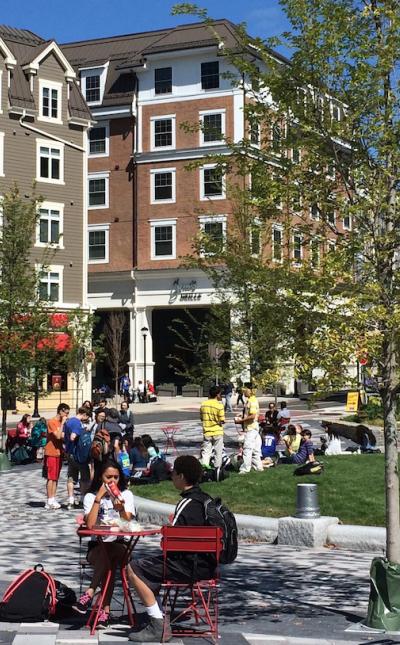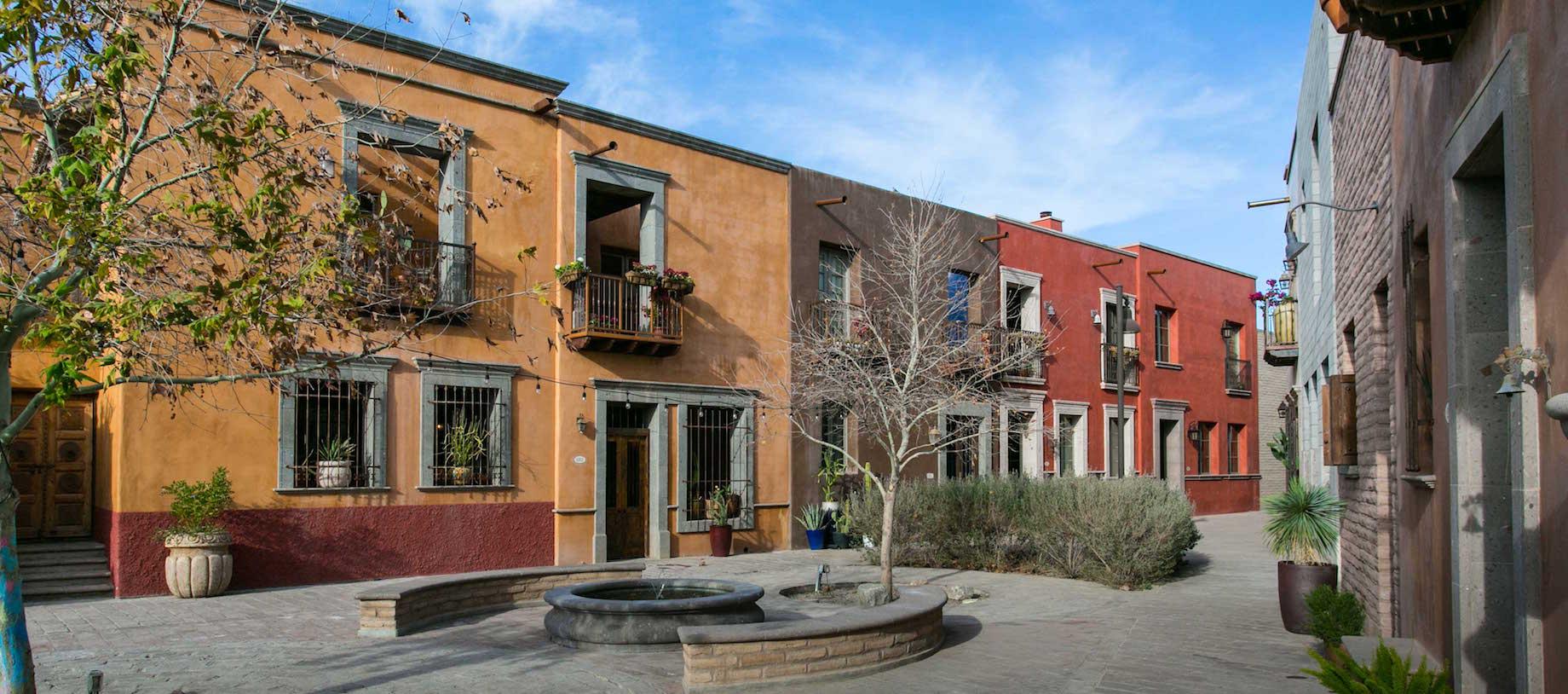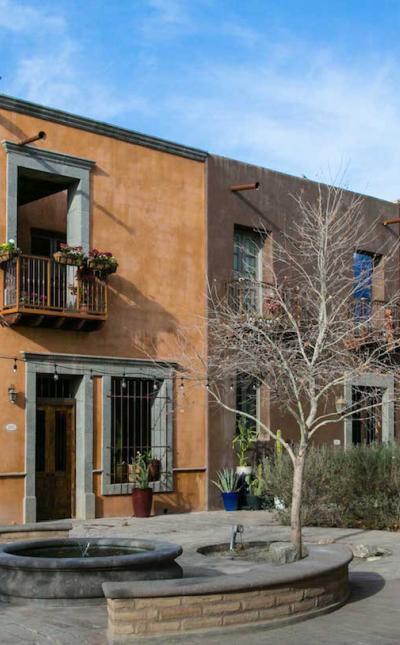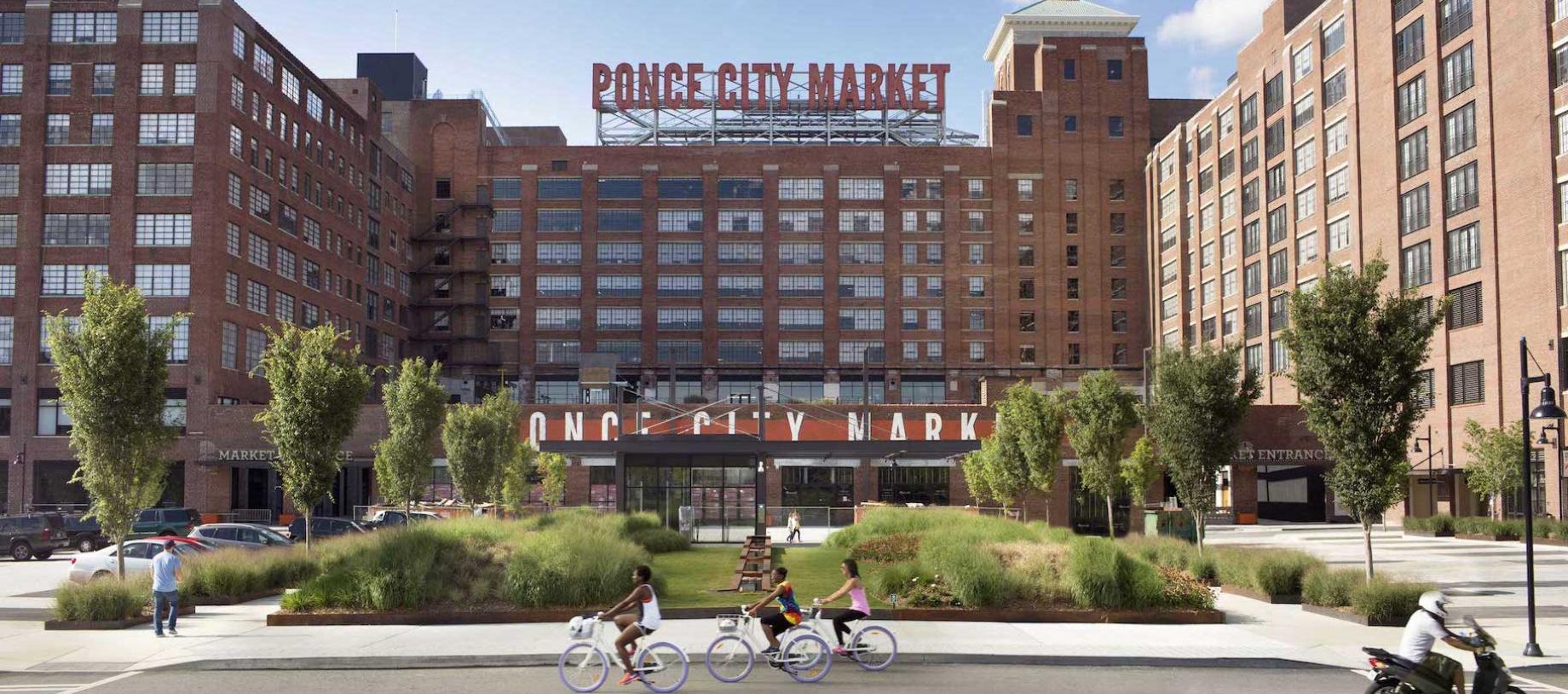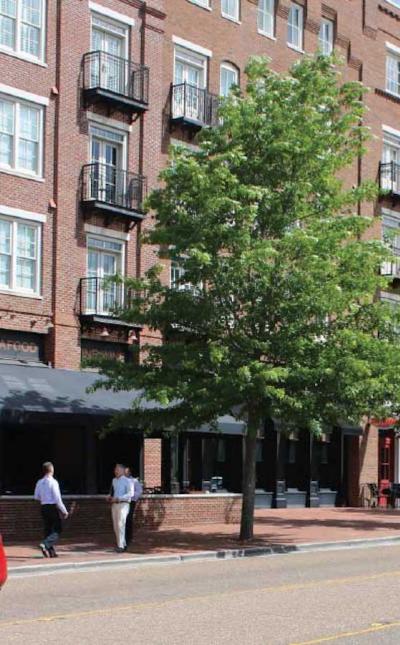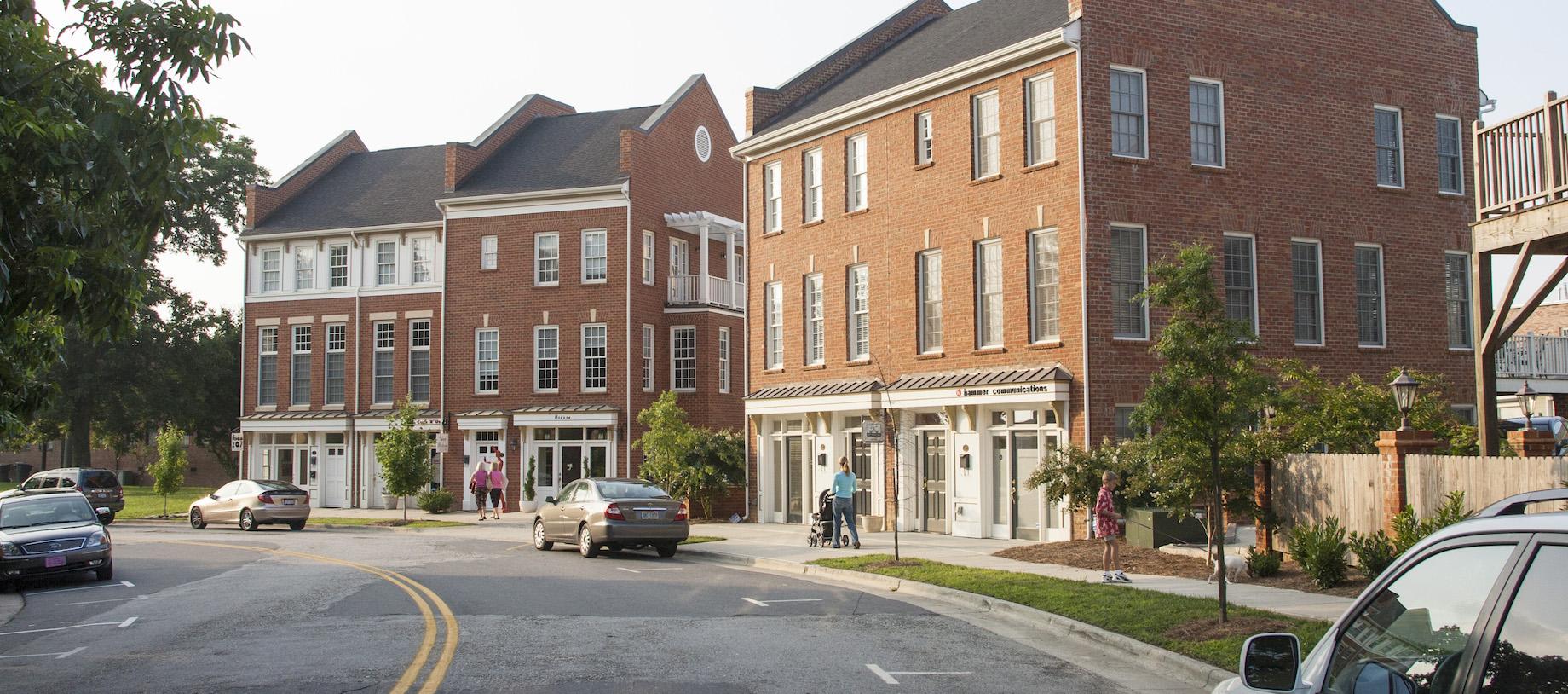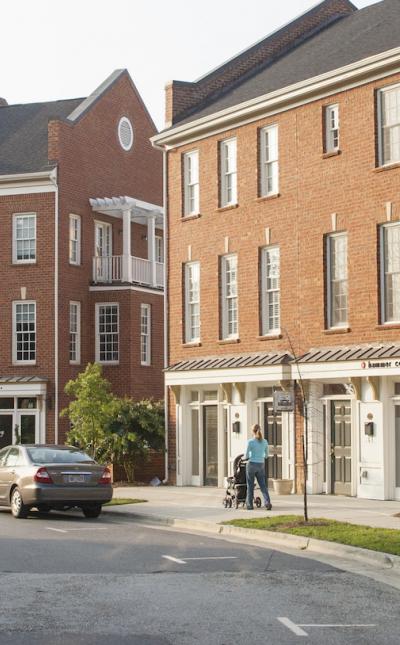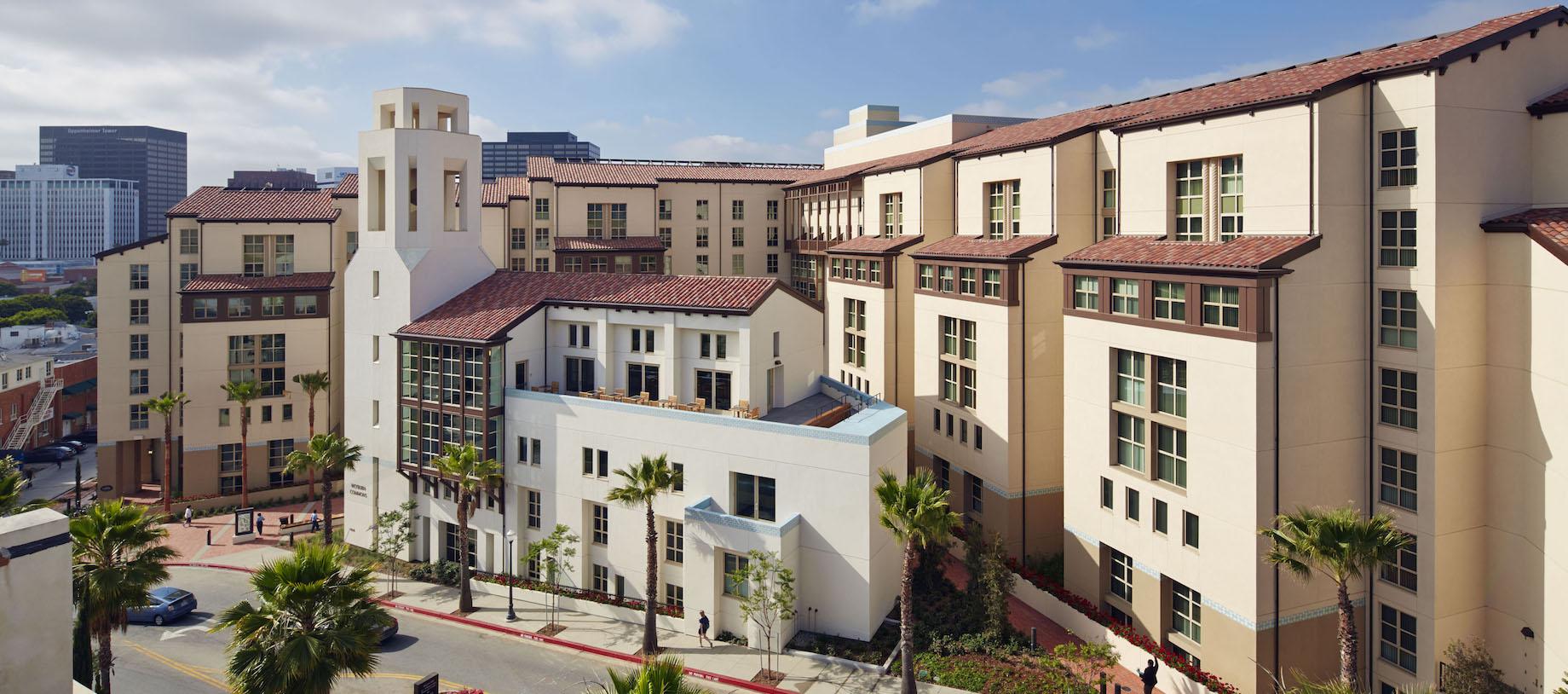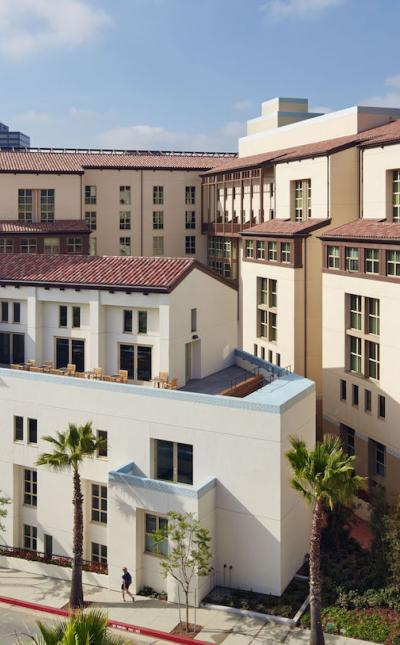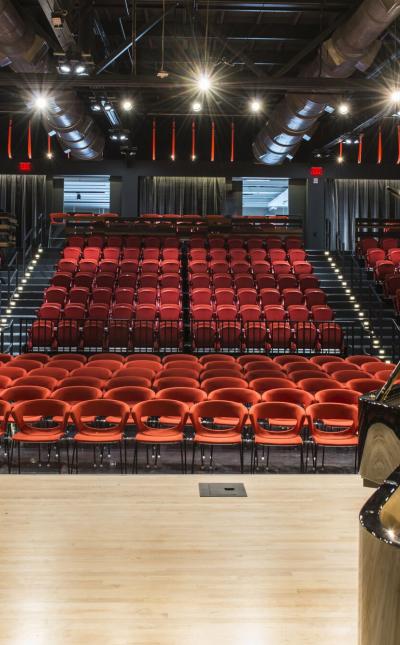- Who We Are
- What We Do
- Our Issues
- Our Projects
- Sprawl Retrofit
- Highways to Boulevards
- CNU/ITE Manual
- Health Districts
- The Project for Code Reform
- Lean Urbanism
- LEED for Neighborhood Development
- Missing Middle Housing
- Small-Scale Developers & Builders
- Emergency Response
- HUD HOPE VI
- Rainwater in Context
- Street Networks
- HUD Finance Reform
- Affordable Neighborhoods
- Autonomous Vehicles
- Legacy Projects
- Build Great Places
- Education & Trainings
- Charter Awards
- Annual Congress
- Athena Medals
- Resources
- Get Involved
- Donate
- Public Square
As resilience becomes a high priority for metropolitan areas and governments, rainwater management solutions are in skyrocketing demand. Growing interest in green infrastructure, runoff management technology, and low-impact design is helping to mitigate flooding and pollution challenges—but without deliberate changes in land use and development, those solutions are inadequate.
CNU’s Rainwater in Context project works to institute rainwater management practices that strengthen and fully complement New Urbanism at all scales. When skillfully coordinated, high-performance rainwater solutions and dense, walkable urbanism can benefit each other, creating vibrant green communities and protecting entire regions from flooding and disaster.
The Rainwater in Context engages with policymakers, scholars, and practitioners to counter the growing trend of poorly framed policies and practices. Rainwater management policies that fail to recognize the value of urban density may impair water quality at the larger watershed scale, and rainwater management practices that misunderstand contextual urban design may impair the functioning and attractiveness of walkable built environments.
Rainwater-in-Context has a record of substantial accomplishments since its formation in 2010. We have worked with state, local, and federal EPA officials to improve existing and proposed regulations. Group members have presented at professional conferences and engaged in public debates with leading practitioners. Members have written articles for professional audiences, including a series published in Stormwater Magazine. Rainwater-in-Context has commented on rainwater credits in both the LEED and Sustainable Sites rating systems. Members have collaborated on competition entries that demonstrate the superior performance of new urban design.
Rainwater-in-Context welcomes support and participants at all levels, and seeks new ideas to pursue and extend its agenda. For news, discussion, and debate, contact rainwater (at) cnu.org to join the Rainwater-In-Context listserv.

